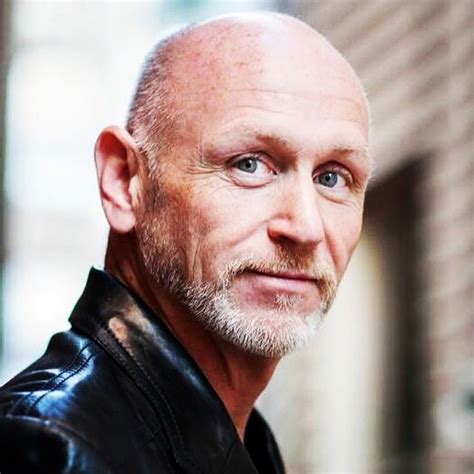A Quote by Hannah Arendt
Metaphysical fallacies contain the only clues we have to what thinking means to those who engage in it.
Related Quotes
It's the way I feel about acting. That we are given clues by a writer about someone's essence or persona and it's our job to try to figure out which of those clues are true, which of clues we decide to follow and which of those clues we think are red herrings, or only in the way another character thinks of that character.
I think we all look for clues that we are not utterly alone... Clues we find in literature and paintings and music and even someone’s eyes; clues that demonstrate that someone else has felt the same indescribable feelings, seen the same things or passed by the spot even if it was by candlelight three hundred years ago. It means everything, like finding footprints in the sand of a deserted island.
Truth is always here. That's the only way truth can be. Truth cannot be anywhere else. The only time it can be is here, and the only place it can be is now. But the mind is never here and is never now. Hence, mind and truth never meet. The mind goes on thinking about truth, and the truth goes on waiting to be realized, but the meeting never happens. The meeting is possible only if mind stops functioning, because mind means the past, mind means the future. Mind is never here-now. Whenever you start thinking, you are going astray. If you stop thinking, suddenly you are at home.
If the world is to contain a public space, it cannot be erected for one generation and planned for the living only; it must transcend the life-span of mortal men…. There is perhaps no clearer testimony to the loss of the public realm in the modern age than the almost complete loss of authentic concern with immortality, a loss somewhat overshadowed by the simultaneous loss of the metaphysical concern with eternity.
The relevant features of scientific practice often have mundane explanations which don't point to any deep metaphysical moral. (Thus it would simply be messy and pointless for the chemists to essay physical reductions, or for the biologists to offer number-free explanations. It's a weird kind of science-worship that views these practical considerations as clues to the nature of reality.)
Some people are aware of another sort of thinking which... leads to those simple ideas that are obvious only after they have been thought of... the term 'lateral thinking' has been coined to describe this orther sort of thinking; 'vertical thinking' is used to denote the conventional logical process.





































